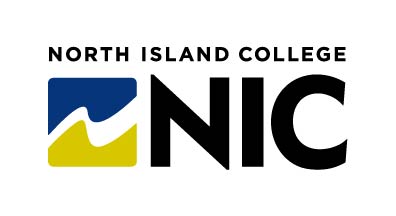The first practicum offers the students 90 hours in an early years program with children ages 3-5 to begin to translate theoretical components from the classroom into practice. The overall purpose of this practice experience is the application of theory and knowledge to ECCE practice and the concurrent development of practice skills leading to the completion of the following leaning outcomes at a novice to advanced beginner level:
- Identify areas of support for healthy child growth and development from birth to 12 years of age across all developmental domains.
- Recognize the importance of respect for children’s rights as an essential part of ethical practice, including inherent rights, responding to the Truth and Reconciliation Commission Calls to Action and the United Nations Declaration on the Rights of Indigenous Peoples and promoting the relationship between rights and responsibilities.
- Identify the high significance of professional accountability and ethical behaviour that is required in ECCE, recognizing the ECEBC Code of Ethics as a guide for ethical decision making.
- Recognize that children and families are part of support systems; that services develop and operate within communities, cultures, and governance including regulatory frameworks.
- Identify the importance of effective and inclusive communication including verbal, non-verbal, written and alternative communication methods, with individuals, and within groups to promote learning, decision making, problem solving, and conflict resolution.
- Recognize the importance of respecting, honouring and affirming social diversity including Indigenous and world views by the demonstration of cultural sensitivity, implementing anti-bias strategies, and promoting inclusion.
- Engage in the process of observation, documentation, and assessment as well as with collaborative curriculum planning, implementation and evaluation.
Assignments ECCE 140:
Competency Assignment
